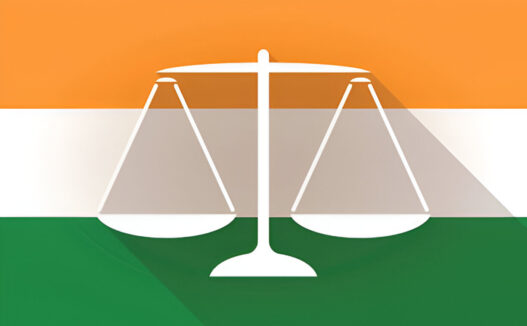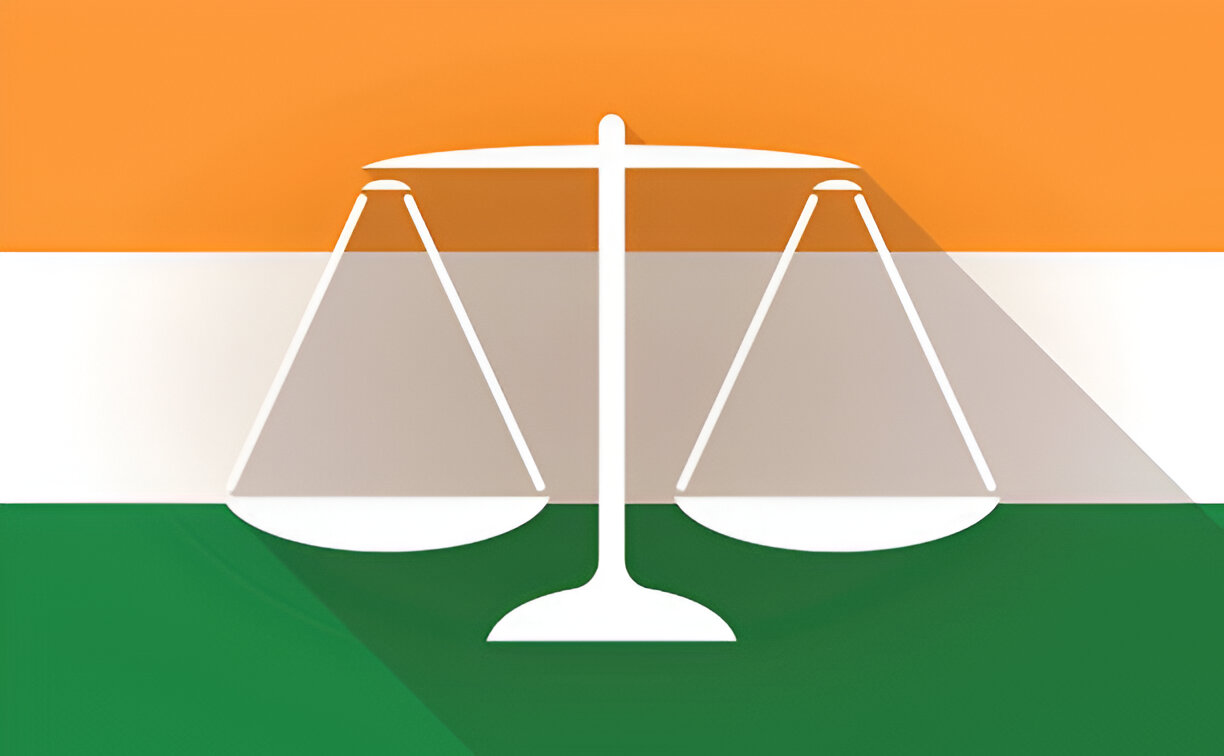Legal aid clinics are a vital component of India’s legal aid system, designed to provide accessible and affordable legal services to marginalized communities. These clinics act as local hubs, offering legal advice, assistance, and representation to those who might otherwise be unable to navigate the complexities of the legal system. This article explores the concept of legal aid clinics, their objectives, their functioning, and their significance in promoting access to justice.
What are Legal Aid Clinics?
Legal aid clinics are community-based centers that provide free legal services to the poor, marginalized, and weaker sections of society. They are intended to be easily accessible, especially in remote areas and places with geographical barriers, where access to formal legal institutions is often limited. These clinics function similarly to primary health centers, where a lawyer, like a doctor, provides basic legal care to the local population.
Objectives of Legal Aid Clinics:
-
Accessibility: To make legal services easily accessible to those living in remote and underserved areas.
-
Affordability: To provide free legal aid to those who cannot afford legal representation.
-
Basic Legal Services: To offer basic legal services such as legal advice, drafting of petitions, notices, and replies.
-
Dispute Resolution: To attempt to resolve local disputes through advice and alternative dispute resolution (ADR) methods, preventing them from escalating into litigation.
-
Community Empowerment: To empower communities by educating them about their rights and entitlements.
-
Understanding Local Issues: To provide lawyers with an opportunity to understand the difficulties faced by people in accessing justice.
Location and Infrastructure:
-
Local Accessibility: Legal aid clinics are ideally located in easily accessible places, such as within the office buildings of local bodies like village panchayats.
-
Basic Facilities: Each clinic is equipped with basic furniture, such as a table and chairs.
-
Signage: Clinics display a sign-board in both English and the local language, indicating the name of the clinic, its working hours, and the days it is open.
Personnel Manning the Legal Aid Clinics:
-
Para-Legal Volunteers: Each clinic is manned by one or more para-legal volunteers who are trained by the Legal Services Authorities.
-
Lawyers: Qualified legal practitioners with skills in amicable dispute resolution are empanelled to serve in the clinics. Preference is given to women lawyers with at least three years of practice.
Frequency of Lawyer Visits:
-
The District Legal Services Authority (DLSA) determines the frequency of lawyer visits based on local requirements.
-
Frequent visits may be arranged if the situation demands continuous legal services.
Selection of Lawyers:
-
Lawyers are selected from the local bar by the nearest legal services institution having territorial jurisdiction.
-
Preference is given to lawyers with skills in amicable settlement and women lawyers with three or more years of practice.
Services Offered at Legal Aid Clinics:
Legal aid clinics offer a wide range of services, including:
-
Legal Advice: Providing free legal advice on various matters.
-
Drafting Legal Documents: Assisting in drafting petitions, notices, replies, and applications.
-
Liaison with Government Offices: Helping individuals interact with government officials and public authorities to resolve their problems.
-
Dispute Resolution: Attempting to resolve local disputes through advice and alternative dispute resolution (ADR) techniques.
-
Facilitating Entitlements: Assisting beneficiaries in accessing benefits under government schemes and policies.
-
Referral Services: Referring cases that require higher-level legal intervention to the appropriate legal services institutions.
Administrative Control:
-
Legal aid clinics are under the direct administrative control of the nearest legal services institution having territorial jurisdiction.
-
The District Legal Services Authority (DLSA) has supervisory and advisory powers over the clinics in its district.
-
The State Legal Services Authority (SALSA) issues guidelines on the functioning of legal aid clinics.
Honorarium for Lawyers and Para-Legal Volunteers:
-
The SALSA, in consultation with the DLSA, fixes the honorarium to be paid to lawyers and para-legal volunteers.
-
The honorarium is not less than ₹500 per day for lawyers and ₹250 per day for para-legal volunteers.
-
Special consideration is given in areas with difficult terrain or scarce transport facilities.
Maintenance of Records and Registers:
-
Lawyers and para-legal volunteers maintain attendance registers.
-
Registers are maintained to record the names and addresses of those seeking legal services, the nature of the service rendered, and the lawyer’s remarks.
-
The records are under the custody of the Secretary of the TLSC or DLSA having territorial jurisdiction.
Role of Lawyers in Legal Aid Clinics:
-
Lawyers attempt to resolve disputes locally through advice and ADR techniques.
-
They may refer disputes to Lok Adalats for pre-litigation settlement.
-
They ensure that the procedure prescribed in Section 20(2) of the Legal Services Authorities Act, 1987, is followed.
-
They can request the DLSA to send the Mobile Lok Adalat Van for dispute settlement.
Role of Para-Legal Volunteers:
-
Para-legal volunteers assist lawyers in the clinics.
-
They may help in drafting simple petitions and applications.
-
They may accompany individuals to government offices.
-
They are encouraged to pursue diplomas and degrees in law.
Legal Aid Clinics Run by Law Students:
-
Law colleges and universities can set up legal aid clinics, where students in the final year may provide legal services under the supervision of a faculty member.
-
Students may also organize legal aid camps in remote areas.
Use of Mobile Lok Adalat Vehicle:
-
Lawyers in legal aid clinics can request the DLSA to send the Mobile Lok Adalat Van to facilitate dispute settlement.
-
The Mobile Lok Adalat Van can also be used for providing legal services to mentally ill and children.
Periodic Review:
-
The State Legal Services Authorities conduct periodic reviews of the functioning of legal aid clinics.
-
They also issue directions to improve the services in the clinics.
-
Quarterly reports about the functioning of the clinics are sent to the National Legal Services Authority (NALSA).
Conclusion:
Legal aid clinics are a critical component of India’s legal aid infrastructure, providing essential legal services to those who need them most. By bringing justice closer to the community, these clinics play a vital role in empowering marginalized communities and ensuring that the legal system is accessible to all.




